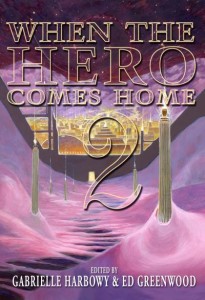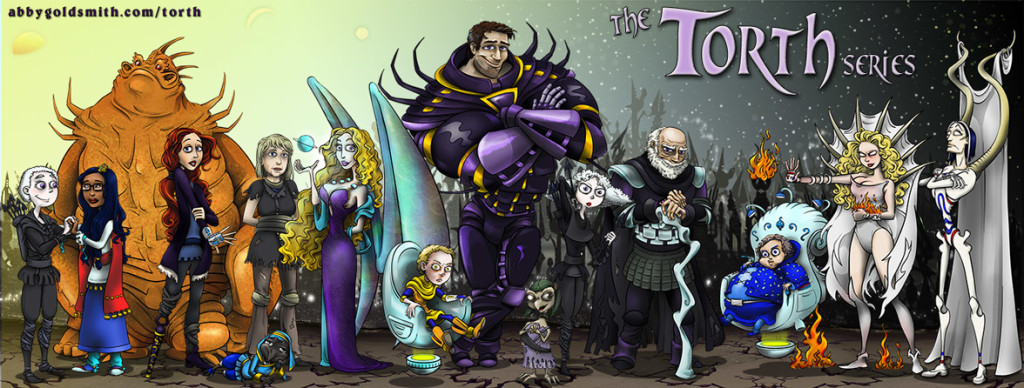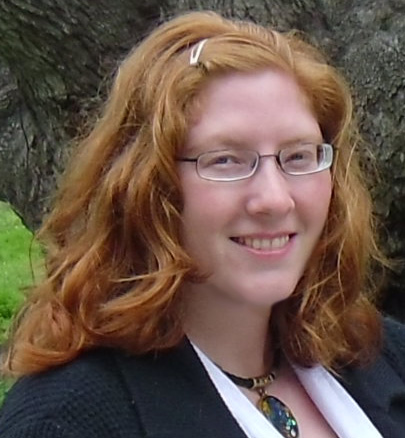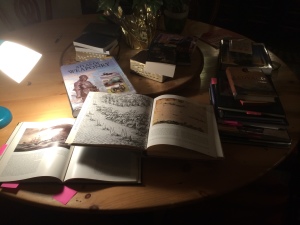 If you’ve spent any length of time in a fan fiction community, you’ll probably know what a “songfic” is. If you haven’t, a songfic can most easily be described as a story interspersed with the lyrics of a song. It’s the fan writing equivalent of a movie soundtrack.
If you’ve spent any length of time in a fan fiction community, you’ll probably know what a “songfic” is. If you haven’t, a songfic can most easily be described as a story interspersed with the lyrics of a song. It’s the fan writing equivalent of a movie soundtrack.
You’ve seen scenes in movies, TV shows and even commercials where a song plays in tandem with visual images. Sometimes the lyrics of the song narrate the events on screen. Sometimes the music helps to create a certain mood or underline a theme. Or, sometimes, images and music that don’t seem to match can provide a striking and powerful contrast. (Examples include the “Mad World” commercial for the original Gears of War video game, or when “I Can’t Stop Loving You” by Ray Charles plays during the destructive climax of 2001’s anime film “Metropolis.”)
Songfics aren’t allowed on certain fan fiction web sites for copyright reasons. But it’s natural for people, as creators, to use music for inspiration: to imagine certain songs as the theme songs, soundtracks, or end themes for our novels, stories, or characters. And this impulse isn’t limited to fan fiction.
Carrie Vaughn’s urban fantasy Kitty Norville series, about a werewolf who hosts a talk radio show, includes a playlist of songs at the beginning of each book that help set the “flavour” of the story to come. James Roberts, writer of IDW’s “Transformers: More Than Meets the Eye” comic series, tweets a selection of songs that inspire and inform the newest issue right before it comes out. Stephen King has used song lyrics as epigraphs in his novels or in the text of his fiction (with permission from the copyright holders).
If you’re not Stephen King, the legalities and potential fees involved in directly quoting songs might be prohibitive for you. Still, songs are excellent potential sources of inspiriation. Familiar music can help you get “in the zone” while you’re writing. Sometimes a song can help you imagine the kind of mood, emotion or situation you want to portray in your story. And sometimes a verse or even a line can spark the idea for a story.
The first story I published, “Blood Runs Thicker” in the ebook edition of “When the Hero Comes Home 2” by Dragon Moon Press, was inspired by a single line in a song.
Jim says some destinies should not be delivered…
The song is “In Thee” by Blue Oyster Cult.
Every time I heard this line – and I’ve been listening to this song for years – I wondered about this line. Why “shouldn’t” they? “Should” is a value judgment, compared to “are” or “are not” which are merely statements. The song goes on to suggest that these destines are delivered just the same as those that “should be.” What would be the difference? What would it mean to have this kind of destiny?
“Blood Runs Thicker” is the story of a reluctant war hero who became famous in the service of a cause she doesn’t believe in, in a failed attempt to save the person who mattered most to her. It’s also the story of her best friend, who finds himself forced into a choice of his own: helping his friend salvage what’s left of her life is going to come at a heavy cost. The hero has received one of those destinies that should not be delivered, and now the narrator finds himself pulled into the aftermath of that deliverance.
Songs can be excellent sources of inspiration. Songs can help form ideas for characters, moods, or as in the above example, even plot. But songs don’t have to be direct quotes to provide inspiriation. Tomorrow, I’ll talk about the role of music in culture and how playing a certain kind of music helped me build a world for a story.





